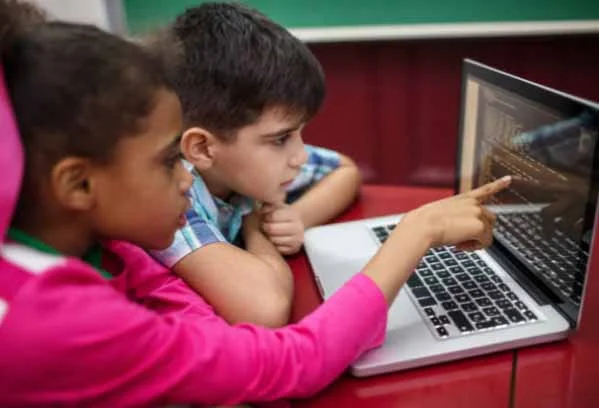Programming for Kids: Instilling a Love for Coding at an Early Age
Do you ever wonder how to prepare your child for the future? In today’s digital age, programming skills have become increasingly vital. Teaching your child coding from a young age not only equips them with valuable technical knowledge but also nurtures their problem-solving abilities, logical thinking, and creativity. This blog post will delve into the importance of programming for kids and provide strategies for introducing them to the exciting world of coding.
The Benefits of Teaching Kids to Code
1. Enhanced Problem-Solving Skills: Programming fosters the development of analytical thinking and problem-solving abilities in children. It encourages them to break complex problems into smaller, more manageable components, promoting a logical approach to challenges.
2. Improved Creativity: Coding allows children to unleash their creativity by providing them with a platform to build and manifest their ideas. Programming projects enable them to transform their imaginative concepts into reality, encouraging out-of-the-box thinking.
3. Critical Thinking: By learning how to code, children are exposed to various logical structures and algorithms. This exposure helps them develop critical thinking skills, enabling them to evaluate different possibilities and make informed decisions based on evidence and reason.
Strategies for Introducing Kids to Coding
1. Interactive Resources: Utilize interactive websites and apps specifically designed for teaching coding to children. Platforms like Scratch, Code.org , and Tynker offer engaging activities and games that make learning to code enjoyable and interactive.
2. Physical Coding Toys: Consider investing in physical coding toys that introduce children to programming basics in a hands-on and playful manner. These toys often involve building blocks and robotic components that can be programmed to perform various actions.
3. Encourage Project-Based Learning: Encourage your child to embark on coding projects that align with their interests. Whether it’s creating a simple game or developing a website, project-based learning allows children to apply their coding knowledge in a practical and meaningful way, fostering enthusiasm and motivation.
The Role of Code Clubs and Workshops
Supplementing at-home coding activities with code clubs and workshops can greatly enhance a child’s learning experience. Code clubs provide a supportive environment for kids to collaborate, share ideas, and learn from their peers. Workshops conducted by coding professionals can expose children to real-world applications of coding and inspire them by showcasing the exciting possibilities that lie ahead.
Additionally, participating in coding competitions or hackathons can further fuel a child’s passion for programming. These events provide opportunities to showcase their skills, learn from others, and gain exposure to the larger coding community.
The Importance of Patience and Fun
When introducing kids to programming, it’s crucial to maintain a patient and supportive attitude. Coding can be challenging at times, but emphasizing that mistakes are a natural part of the learning process will help children persevere and grow from their experiences.
Furthermore, integrating elements of fun into coding activities is key to keeping children engaged and motivated. Incorporating colorful visuals, gamification, and interactive elements into coding lessons can transform an educational task into an enjoyable adventure.
Conclusion
Teaching children programming at an early age unlocks a world of opportunities and sets them on a path to success in our increasingly digital world. By nurturing skills like problem-solving, creativity, and critical thinking, coding empowers children to become active creators rather than passive consumers of technology. Introducing them to coding through interactive resources, physical toys, and project-based learning ensures an engaging experience. Supplementing their learning with code clubs, workshops, and coding events further enhances their enthusiasm and knowledge. So, start early, be patient, make it fun, and watch your child develop a lifelong passion for programming!

